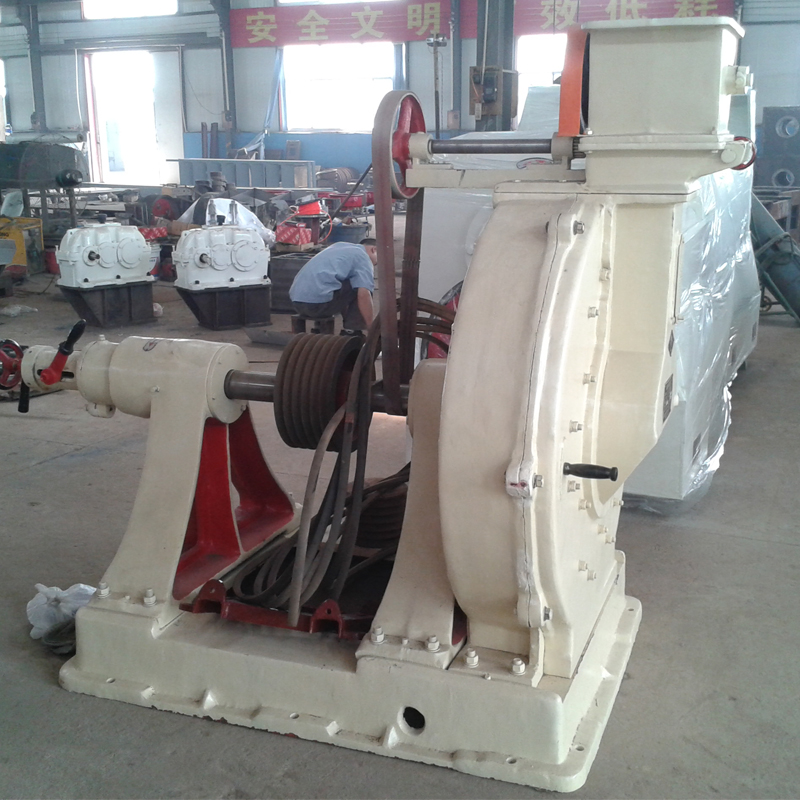Nov . 05, 2024 12:33 Back to list
vegetable oil processing plant products
The Significance of Vegetable Oil Processing Plant Products
Vegetable oil holds a vital position in the global food chain, serving as a primary source of dietary fats for millions of people. The processing of vegetable oil is a sophisticated industry, driven by the demand for healthy cooking oils and various by-products that fulfill multiple roles in the economy. This article explores the significance of vegetable oil processing plant products and their impact on the food sector and beyond.
Understanding the Processing of Vegetable Oils
The processing of vegetable oils involves several critical stages extraction, refinement, bleaching, and deodorization. This process begins with the sourcing of raw materials such as soybeans, sunflowers, canola, and palm fruits. These fruits are then subjected to physical or chemical extraction to separate the oil from the seeds or fruits. Following extraction, the crude oil undergoes refining to remove impurities, resulting in a clear, palatable product suited for culinary uses.
Refined vegetable oils are versatile and can be used in various cooking methods, including frying, baking, and sautéing. They possess health benefits, often being lower in saturated fats than animal fats and containing essential fatty acids that the body needs.
Diverse Products from Vegetable Oil Processing
1. Cooking Oils The primary product of vegetable oil processing is cooking oil, used heavily in households and restaurants. Oils such as sunflower, canola, and olive are favored for their taste and health attributes.
2. Oil Cakes and Meals After oil extraction, the remaining solid mass is known as oil cake or meal. These by-products are rich in protein and often used as animal feed or organic fertilizers. The animal feed industry significantly benefits from oil cakes, enhancing livestock nutrition while reducing waste.
vegetable oil processing plant products

3. Biofuels As the world grapples with fossil fuel depletion, vegetable oils are transitioning to biofuels. Biodiesel, produced from vegetable oils or animal fats, offers a renewable energy alternative. It can power vehicles and reduce greenhouse gas emissions compared to traditional fossil fuels, contributing to a greener planet.
4. Cosmetic and Industrial Applications Vegetable oils are not limited to culinary uses. They find applications in cosmetics, soaps, and personal care products due to their moisturizing properties. Industries utilize certain oils in manufacturing lubricants, paints, and biodiesel.
5. Nutraceuticals Some vegetable oils, including flaxseed oil and evening primrose oil, are regarded as nutraceuticals. They are extracted for their health benefits and are marketed as dietary supplements, promoting wellness and addressing various health issues.
Economic and Environmental Impact
The vegetable oil processing industry significantly contributes to the economy by creating jobs in agriculture, manufacturing, and distribution. It supports local farmers, enabling them to generate revenue from crops while driving innovation in cultivation and processing techniques.
On the environmental front, the movement towards sustainable practices in vegetable oil production is gaining traction. Implementing eco-friendly extraction methods and ensuring responsible sourcing helps in achieving sustainability. By reducing deforestation associated with palm oil production and promoting crop diversity, the industry can mitigate its environmental footprint.
Conclusion
In conclusion, vegetable oil processing plants produce a range of essential products that cater to various sectors of the economy. From cooking oils and animal feeds to biofuels and cosmetics, the multifunctionality of these products underscores their significance in contemporary society. As consumer preferences evolve towards sustainability and health-consciousness, the vegetable oil industry must adapt, ensuring it meets these demands while contributing positively to the economy and the environment. By doing so, it can continue to play a crucial role in global nutrition and sustainable development for years to come.
-
Oil Processing Equipment - High-Efficiency Flaking Machine
NewsJul.25,2025
-
High-Efficiency Peanut Oil Refined Machine for Quality Oil Production Leading Exporters & Companies
NewsJul.08,2025
-
High Efficiency Sunflower Seed Oil Press – Leading Cooking Oil Press Machine Factories & Suppliers
NewsJul.08,2025
-
High-Efficiency Soybean Oil Press Machine – Leading Exporters & Reliable Companies
NewsJul.07,2025
-
High-Efficiency Seed to Oil Extractor – Reliable Extraction Machinery for Your Business
NewsJul.07,2025
-
High-Quality Pressing Screw of Oil Expeller for Efficient Oil Extraction Leading Exporters & Manufacturers
NewsJul.06,2025
